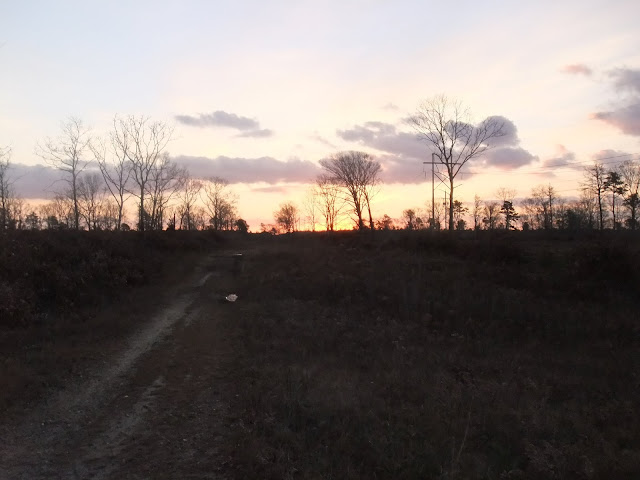My family had property on Cape Cod, only about a mile from the south shore and on the coast of an inland bay. That area was one of the last to develop on Cape Cod.
The Cape was pretty wild back then. We didn’t have electricity until the seventies and at night there were no lights from any neighbors, except for one streetlight across the bay, which was well over a half mile away. Often the whippoorwills sang us to sleep.
The woods was thick with poison ivy and bull briars. The story I heard was the hurricane of thirty-eight killed all the trees. Maybe that was true. There were pictures of tall dead pines towering over the scrub that pushed up over the sandy soil. In the sixties very few trees were over twenty feet tall. At night it was very quiet.
As a young guy with a shotgun it was paradise. Rabbits were abundant, but, even with a determined beagle, you rarely saw them…the cover was just too thick. Grouse and bobwhite quail hid in that thorny jungle. Both were almost impossible to shoot when they flew. At times hundreds of geese would land out on the bay. Thousands of black ducks hid in the marshes every fall. I remember seeing the bay, which measured about a half mile by half mile, covered with blue bills from one shore to the other. What a time it was.
The first grouse shot that I can clearly remember was shot by my brother and me simultaneously. Neither of us realized that the other had even fired their gun. Cleaning the bird later we found both number six and seven and a half shot in the bird. Obviously, it was shot by two different hunters.
My first hunting dog was a beagle named Thorin, named after the character in the Hobbit book. That dog would disappear into the underbrush and chase rabbits until late when the sun sank low in the sky. His eternal baying was the only way one could keep track of his location. At dusk he would emerge, limping home and looking for supper, usually too sore to even pat.
I would pick thorns out of Thorin’s hide and let him sleep. There’s something about the hide on a beagle that is pleasant to touch. In the morning he would be ready to go again. What fun we had.
By the eighties the upland hunting was pretty much done. Houses lined the shores of our bay and the woods had been divvied up into house lots. An occasional ruffed grouse could be found, but did you really want to shoot something so rare? The quail and whippoorwills had disappeared with the maturing of the forest. As the underbrush disappeared so did the rabbits.
Today you can still find grouse down there, but you really have to look. The bobwhite quail are nearly impossible to find. The eastern cottontail rabbits are on the endangered species list. At night the lights of houses ring the bay. Geese still pass through, but the clouds of ducks are gone.
Do you ever wonder what your favorite coverts are going to look like in fifty or sixty years? Take a good look at what you have today so you can remember it.



No comments:
Post a Comment